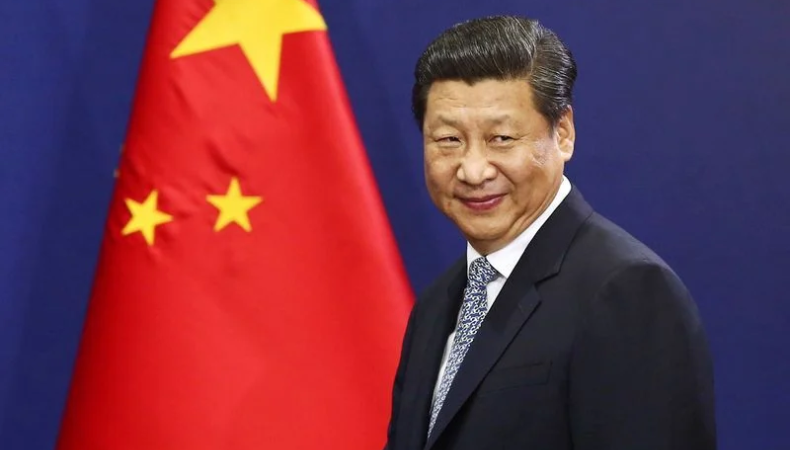The announcement was made by Chinese President Xi Jinping at the 2024 summit of the Forum on China-Africa Cooperation held in Beijing in early September.
Analysts see it as an attempt to extend China’s influence in Africa without bringing many benefits to the LDCs.
Mr Xi described the zero tariff plan as making China the first major economy to take such a step to offer Africa a substantial opportunity to do business in the vast Chinese market.
Analysts see it as an attempt by Beijing to compete with the United States. The US African Growth and Opportunity Act allows more than 1,800 products from 32 sub-Saharan African countries duty-free access to the US market. It is due to be renewed next year. They argue that China is also trying to capitalise on the resentment of some African countries excluded from AGOA for reasons such as human rights or lack of democracy and free markets.
‘China’s decision to allow African LDCs to export tariff-free is clearly a way of projecting its power in an alternative world order,’ said Samir Bhattacharya, a research associate at the New Delhi-based Observer Research Foundation.
The perspective of China
Chinese Ministry of Commerce spokeswoman He Yongqian said the initiative would boost exports from LDCs. It will also promote solidarity and cooperation between countries in the South and advance the goal of ‘inclusive and equitable economic globalisation’.
She added that China had signed framework agreements on economic partnership for joint development with 22 African countries, including Ethiopia, Burundi, Gabon and Zimbabwe.
Whenever the Chinese government concludes a trade or investment agreement with another country, Chinese entrepreneurs generally rush to seize the business opportunities created by the agreement.This has been the experience of several African and Asian countries that have received Chinese investment.
However, Owusu-Sekyere expressed a different view, he said that several African countries had passed laws reserving the retail sector exclusively for locals, but that this sector had been taken over in these countries by Chinese entrepreneurs using local partners as fronts.
The biggest challenge for African countries lies in non-tariff barriers linked to elements such as quality, he added.

